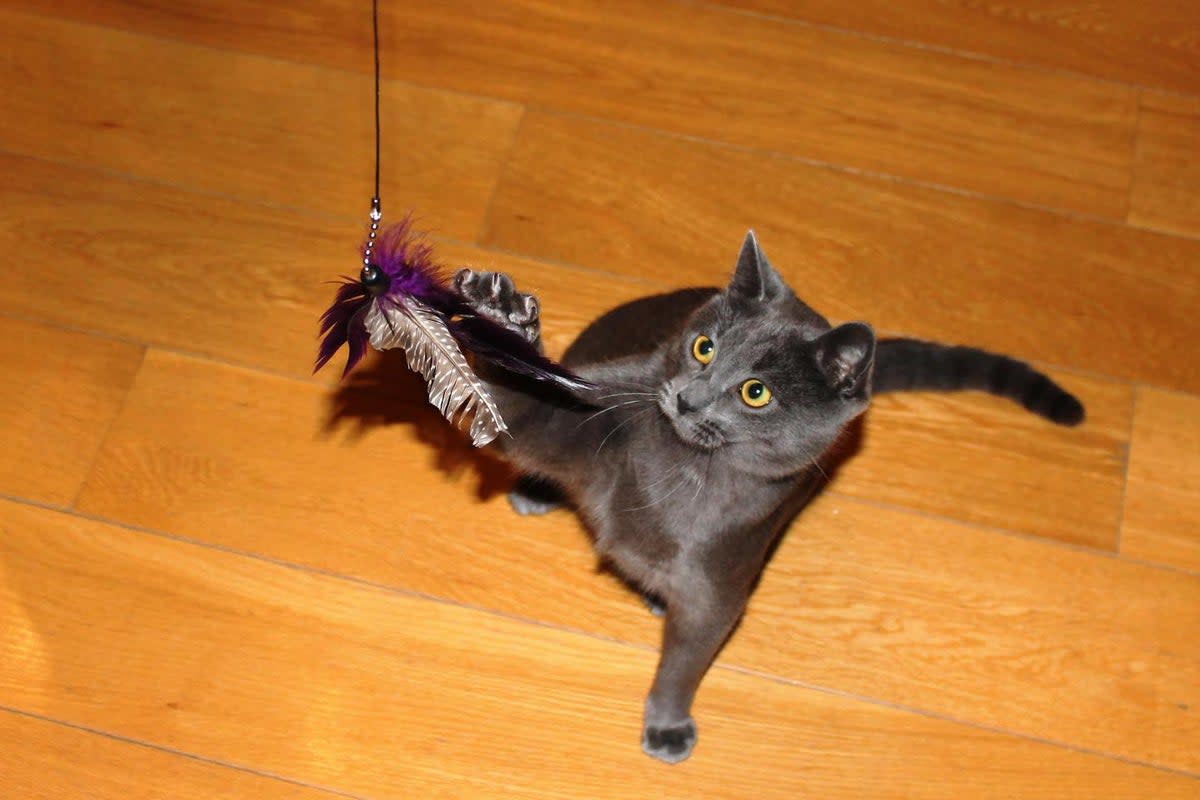Pet cats kill up to 270 million animals a year in UK alone: ‘Mini super predators’

Pet cats may be killing up to 270 million animals as prey every year in the UK alone, according to a new study.
Researchers, including those from the University of Reading, said the loss of tens of millions of animals each year through cat predation may “go beyond animal welfare concerns and become conservation concerns”.
The study, published recently in the journal Landscape and Urban Planning, assessed the movement and prey of 79 pet cats in inner suburban areas and in areas adjacent to natural habitats on the edge of the suburban area.
Scientists assessed nine sites within the counties of Berkshire and Hampshire, UK – all within a radius of 30km from the town of Reading.
“Cats are a non-native species. They get fed by their owners and given veterinary care so you could consider them mini super predators,” study co-author Rebecca Thomas, from London’s Royal Holloway University, told The Times.
Pet owners were requested to collect any dead prey animals their cats brought them by freezing them in ziplock bags until experts could assess them.
Researchers could attribute over 450 dead animals brought by the cats to individual felines in the study. In some cases, especially in households with multiple cats, they said owners could not confirm which cat was responsible for bringing prey.
Overall, mammals constituted about 70 per cent of the dead prey returned by the cats, which were significantly more likely to be returned than birds, the second-most returned category at about 25 per cent, scientists said.
“Reptiles comprised 3 per cent of returns, with amphibian, invertebrates and other at 1 per cent each,” the study noted.
Extrapolating data from the cats in the study, scientists said the felines living on the edge of natural areas could be killing up to 34 animals each year while those in other suburban areas, surrounded by houses and away from natural habitats, may prey on an average of about 15 each.
“A simple extrapolation based on the predation rates found in this study suggests that the 9.5 million pet cats in Great Britain may kill in the region of 160–270 million prey individuals per year,” they added.
While cats in both types of areas killed a similar number of birds, researchers said those on the edge of natural areas killed more mammals.
Scientists also found – contrary to previous research – that wearing a bell was no deterrent to the cats as those felines actually brought back the most prey.
“Young cats, and those with increased available natural habitat, killed more mammals, and unexpectedly, bell wearing was associated with increased overall predation,” researchers wrote in the study.
Scientists, however, speculated that bells were likely placed on cats already known to return high numbers of prey.
The mean number of prey returned by the cats in the new research was similar to those observed in other UK studies, but the new study suggested the location of such felines must also be considered.
“As new residential developments are built on the edges of towns adjacent to areas of conservation value, it is likely that predation will increase as homeowners are often also owners of pet cats,” the study cautioned.
“Cat presence in conservation areas could have implications for conservation due to the potential for direct effects of predation and indirect effects of disturbance, particularly on more vulnerable species,” they warned.
Scientists said cat access to such areas, “especially where sensitive wildlife is found”, should be restricted.
“It is only by understanding the possible negative ecological effects pet cats may be exerting on their local biodiversity that we can begin to develop appropriate approaches to environmentally-sensitive cat ownership,” they concluded.

 Yahoo News
Yahoo News 
